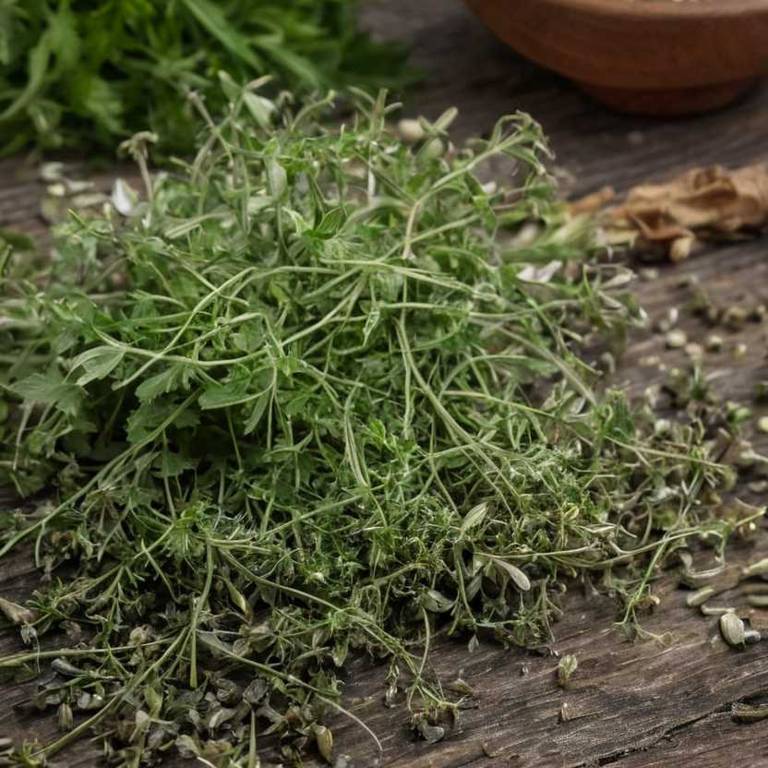Gelidium Amansii: What To Know Before Using It For Medicinal Purposes

Gelidium amansii, a species of red algae, has been increasingly studied for its potential medicinal applications due to its rich content of bioactive compounds such as polysaccharides, minerals, and antioxidants.
Research suggests that extracts from this algae may exhibit anti-inflammatory, antimicrobial, and immunomodulatory properties, making it a promising candidate for the development of natural therapeutic agents. In traditional medicine, it has been used to treat various ailments, including respiratory and skin conditions, although more scientific validation is needed. The algae's ability to support wound healing and its potential role in managing chronic diseases have sparked interest in both pharmaceutical and nutraceutical industries.
As sustainable sources of bioactive compounds become more critical, Gelidium amansii represents a valuable resource for future medicinal innovations.
Health Benefits
Gelidium amansii has several health benefits, such as its potential to support immune function due to its rich content of bioactive compounds.
It contains various polysaccharides that may help reduce inflammation and promote overall well-being. Additionally, it has been studied for its antioxidant properties, which can help neutralize free radicals and protect cells from damage. Some research suggests that it may also aid in digestive health by supporting gut microbiota balance.
Overall, Gelidium amansii shows promise as a natural supplement for enhancing health and preventing chronic diseases.
10 Best Health Beneift of Gelidium amansii
Bioactive Constituents
Gelidium amansii has several bioactive constituents, such as sulfated polysaccharides, lectins, and sterols, which have been extensively studied for their potential medicinal applications.
Sulfated polysaccharides from this red alga exhibit anticoagulant, antithrombotic, and immunomodulatory properties, making them promising candidates for therapeutic use. Additionally, lectins present in Gelidium amansii show antimicrobial and antitumor activities, contributing to its pharmacological significance. The sterols isolated from this species possess anti-inflammatory and antioxidant effects, further expanding its potential in drug development.
These bioactive compounds highlight the value of Gelidium amansii as a marine resource for the discovery of novel therapeutic agents.
Medicinal Preparations
Gelidium amansii has several medicinal preparations, such as teas, tinctures, and extracts, which are traditionally used in various cultures for their potential health benefits.
The dried algae are often steeped in hot water to create a nutrient-rich tea believed to support digestion and immune function. Tinctures made from the algae are used in herbal medicine to promote circulation and reduce inflammation. Additionally, extracts from Gelidium amansii are sometimes incorporated into topical applications for their antioxidant properties.
These preparations are valued for their natural compounds, including vitamins, minerals, and bioactive substances that may contribute to overall well-being.
Side Effects
Gelidium amansii can have some side effects, such as gastrointestinal discomfort, including nausea and vomiting, especially when consumed in large quantities.
Some individuals may experience allergic reactions, such as skin rashes or itching, upon contact with the algae. Prolonged exposure to Gelidium amansii may lead to respiratory issues if the spores are inhaled, causing irritation or inflammation in the lungs. In rare cases, it has been reported to cause mild toxicity in marine life, raising concerns about its ecological impact.
However, more research is needed to fully understand the long-term health implications of consuming or interacting with this type of algae.